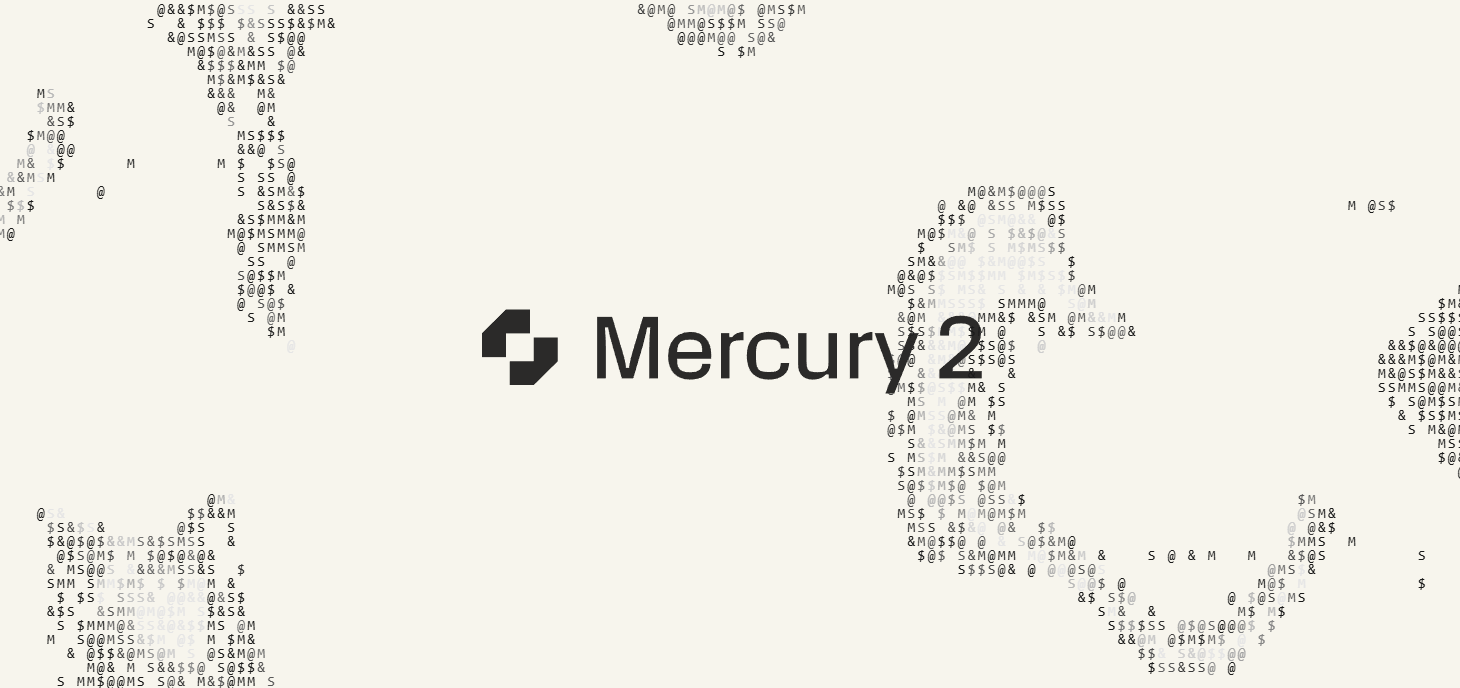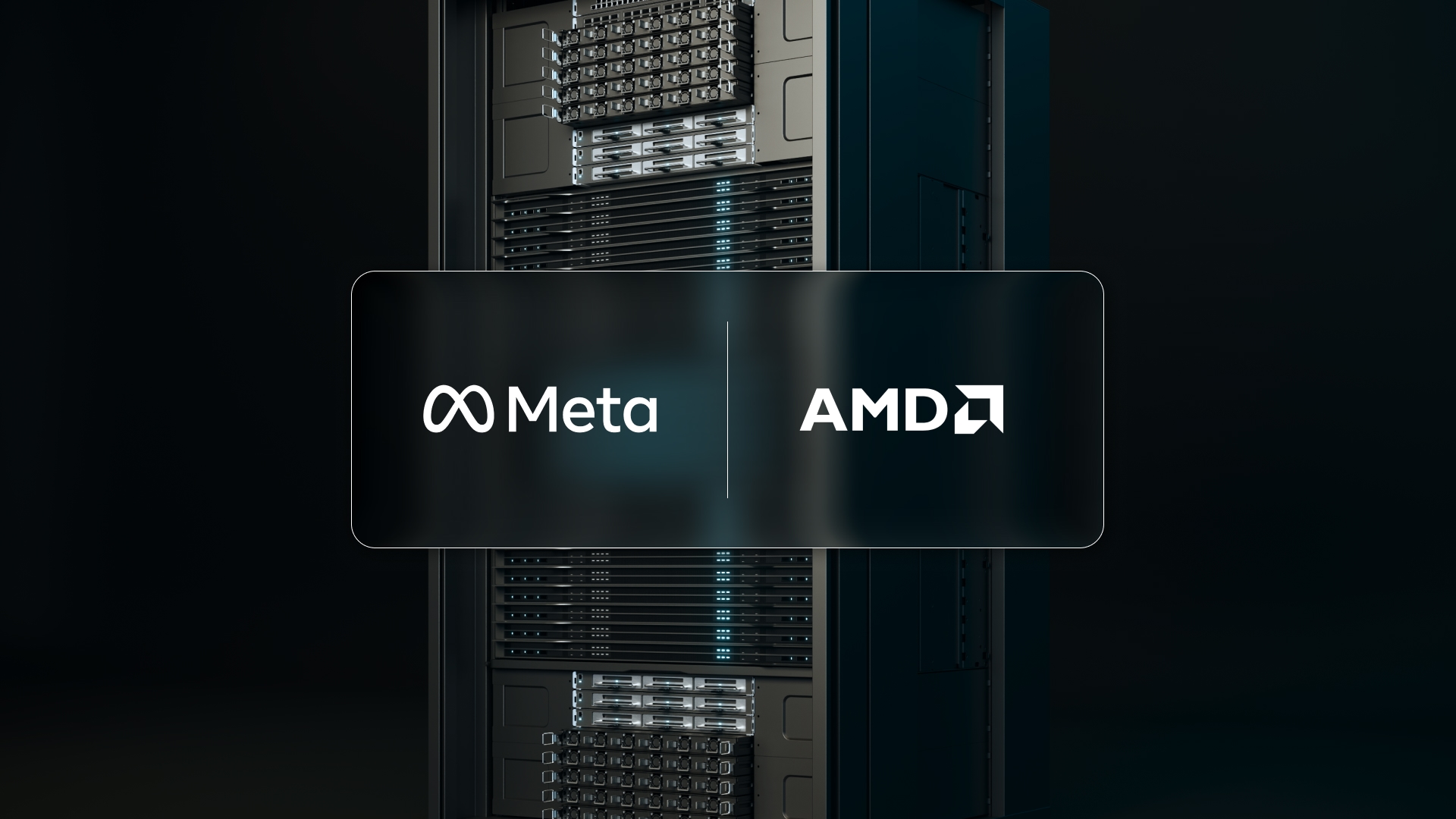Google has relaunched and expanded its AI creative studio Flow. The company's image generation experiments, Whisk and ImageFX, are now being integrated directly into Flow, and starting in March, users will be able to transfer their existing projects and files. At the core is Google's image model Nano Banana, which lets users generate images and use them directly as the basis for videos with Veo.
Other new features include a lasso tool for targeted editing of image areas using text input, flexible media management with collections, and tools for extending clips and controlling camera movements. Google is aiming to combine text, image, and video creation into a single workflow.
Flow is available at flow.google and free to use after signing up - paying users get higher usage limits and access to the full set of tools. According to Google, users have created over 1.5 billion images and videos since the platform launched last year.


